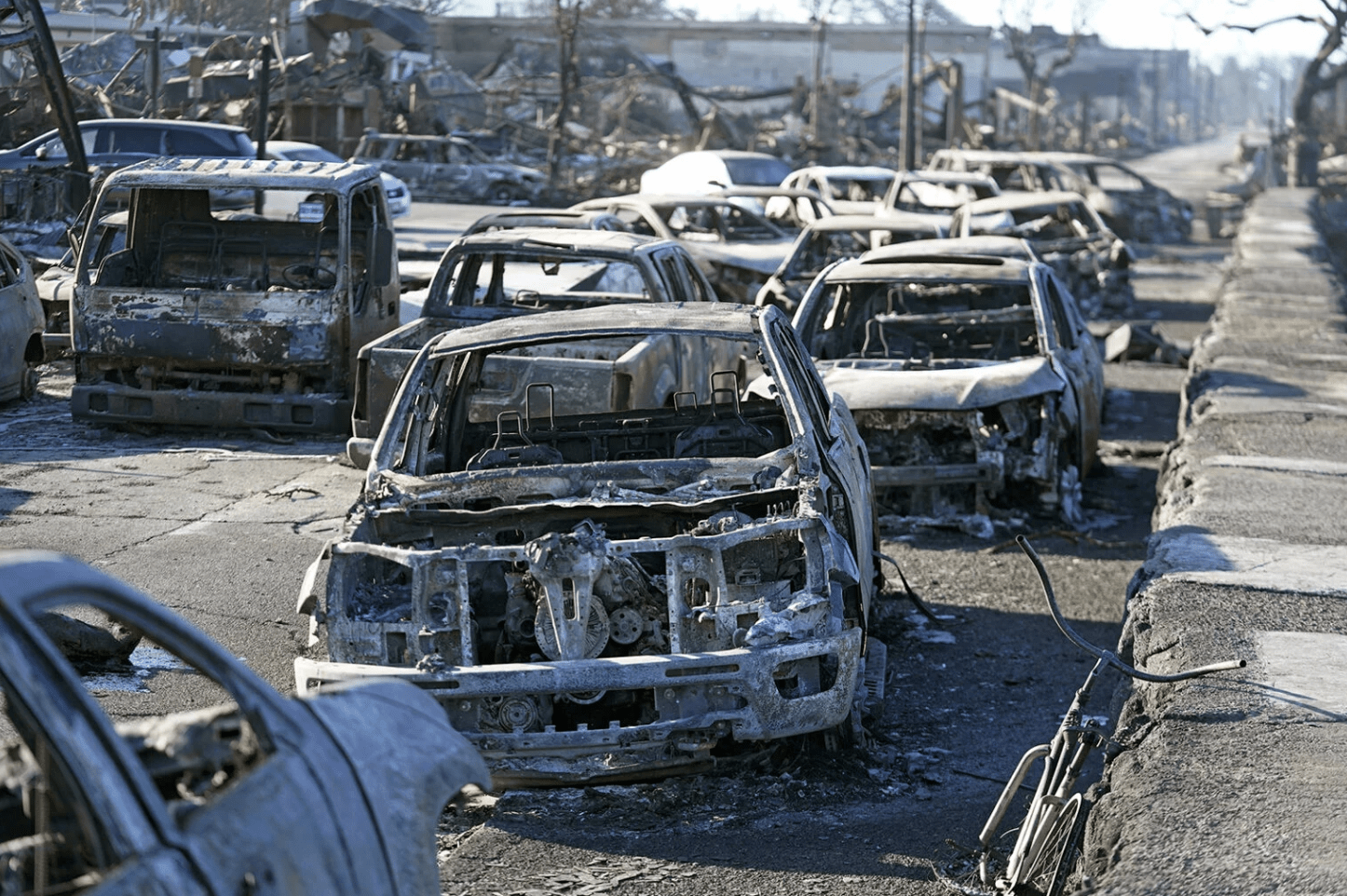(RNS) — On the same day Pope Francis issued a new call for climate change action, a group of mostly mainline Protestant and Jewish leaders launched a seven-year campaign to advocate for meaningful climate solutions.
“One Home One Future” is the latest multifaith effort intended to engage congregations in caring for the Earth.
But a new survey released by the Public Religion Research Institute suggests that work won’t be easy.
Overall, 27% of Americans say climate change is a crisis, just a few percentage points up from 23% in 2014. Among the nation’s religious groups, beliefs on the severity of climate change have not shifted significantly. In fact, among white evangelicals the view that the Earth is in crisis actually dropped — from 13% in 2014 to 8% today.
No religious group topped one-third of respondents agreeing climate change is a crisis. American Jews were the most likely to say so at 32%, followed by 31% of Hispanic Catholics, 22% of white mainline Protestants, 20% of white Catholics, 19% of Black Protestants and 16% of Hispanic Protestants who say there’s a climate crisis.
The survey of 5,192 adults in all 50 states, conducted online June 8-28, 2023, shows that despite growing climate calamities, American opinions have not moved dramatically.
So far in 2023, the United States has had 23 separate weather and climate disasters that cost more than $1 billion each in damage, The New York Times reported. Those include Hurricane Idalia in Florida and the wildfires in Hawaii, which are believed to have killed 97 people. The month of August was the planet’s hottest in the National Oceanic and Atmospheric Administration’s 174-year record.
While religious Americans mostly agree that climate change is caused by human activity, such as burning fossil fuels, here too there are exceptions. Nearly half of white evangelicals (49%) still believe climate change is caused by natural patterns in the environment.
To a great extent, these unyielding views of the climate crisis may be shaped by politics. Evangelicals and Latter-day Saints, who overall don’t see climate change as a crisis, are stalwart Republicans, a party that has resisted acknowledging climate change. (Former President Donald Trump, the Republican Party’s presumptive nominee in 2024, has called the extremely settled science of climate change a “hoax.”)
“Views on Climate Change, by Religious Affiliation and Importance of Religion” Graphic courtesy of PRRI
“I’m not at all surprised to find that white evangelicals and Latter-day Saints tend to be the least likely to think that climate change is caused by humans or see any sort of policy to address it because we know that the Republican Party’s official position has often denied climate change and it’s certainly not advocating for policies that mitigate climate change effects,” Deckman said.
In stark contrast to religious Americans, the religiously unaffiliated increasingly view the Earth as being in crisis. Among this group, often referred to as “nones,” that view grew 10 percentage points, from 33% in 2014 to 43% in 2023.
At the same time, the theological notion that God has called Christians to exercise dominion over all areas of society appears to be waning. Fewer than half of white evangelicals subscribe to this belief and far lower numbers of other religious groups do. Religious groups are now more likely to believe that individuals are required by God to take care of or be good stewards of the Earth, the survey found.
On Wednesday, Pope Francis issued a stark reminder about the effects of climate change. He warned that “the world in which we live is collapsing and may be nearing the breaking point.”
In an update to “Laudato Si’,” the pope’s pioneering 2015 encyclical that rang a clear alarm bell about the climate, Pope Francis on Wednesday asserted that “despite all attempts to deny, conceal, gloss over or relativize the issue, the signs of climate change are here and increasingly evident.”
And he took direct aim at the United States, for “irresponsible lifestyle(s)” causing irreparable harm to the planet.”



















